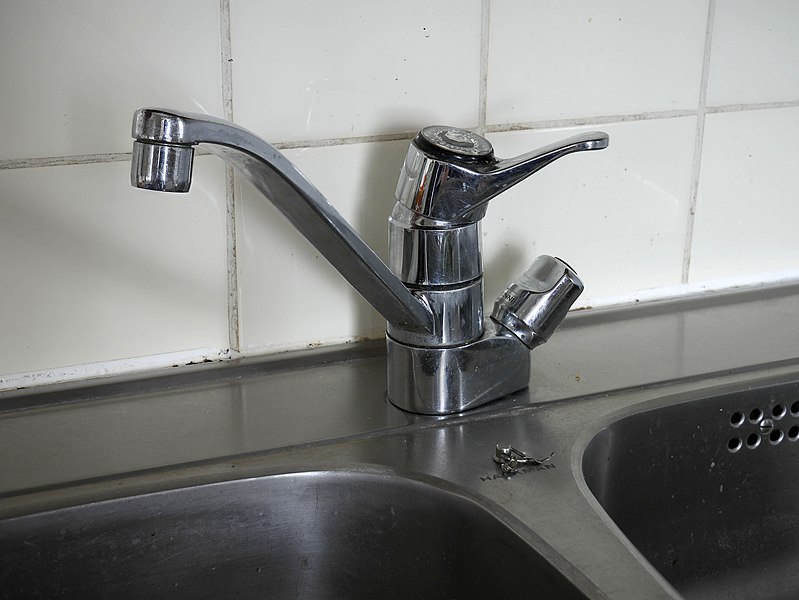
Water bills in England and Wales are set to rise by an average of £94 over the next five years, according to the water regulator Ofwat. The increases will vary by region, with Thames Water
customers seeing a £99 or 23% rise, Anglian Water customers a £66 or 13% increase, and Southern Water customers a significant £183 or 44% hike.
The typical £19 annual increase is about one-third less than the amount requested by water companies. The additional revenue is intended to fund improvements such as replacing leaking pipes and reducing sewage discharges into rivers and seas.
This decision comes as water suppliers face growing scrutiny over their environmental and financial performance. The Labour Party has pledged to crack down on the industry, promising higher compensation for sewage failures and more accountability for water executives.
New Environment Secretary Steve Reed is scheduled to meet with water company bosses on Thursday to discuss performance issues and potential improvements.
Ofwat's proposed increases can be challenged by the water firms, with a final determination expected by the end of the year. Ofwat Chief Executive David Black described the plan as the "biggest ever" investment in the water sector, aiming for sustained improvements in customer service and environmental quality at a fair price.
Black also expressed concern about the level of executive bonuses in the industry, noting that new measures have been introduced to protect customers. "In the last year, no customer paid for executive bonuses," he said on BBC Radio 4's Today Programme.
Thames Water, the UK's largest water firm, is under increased scrutiny by the regulator. A new "oversight regime" will ensure the company improves its performance, requiring it to provide a "delivery action plan" and regularly report on progress, which will be assessed by a third party. Ofwat is considering appointing an independent monitor to oversee the company's progress.
The government plans to introduce measures to ensure that funds earmarked for investment and improvements are protected and not diverted to salaries or dividends. Customer panels will have the power to hold directors and executives accountable, and compensation for failures to meet required standards could more than double.
The crackdown coincides with rising consumer anger over pollution and financial distress in some companies, including heavily indebted Thames Water, which has requested leniency.
High Levels of Pollution in the Thames
Dave Wallace, a citizen scientist from Henley, has stopped swimming in the Thames due to high levels of pollution. After some local children fell ill and Wallace himself encountered "solids" in the water, he began testing the river last year.
“We’ve actually found high levels of pollution and very high levels of E. coli,” he said. Reports of sickness, diarrhea, infected sores, and sepsis have increased among people swimming in the river. “It’s not just people but dogs as well. There are lots of reports of dogs getting ill from going in the water,” Wallace added. Photo by Santeri Viinamäki, Wikimedia commons.


































